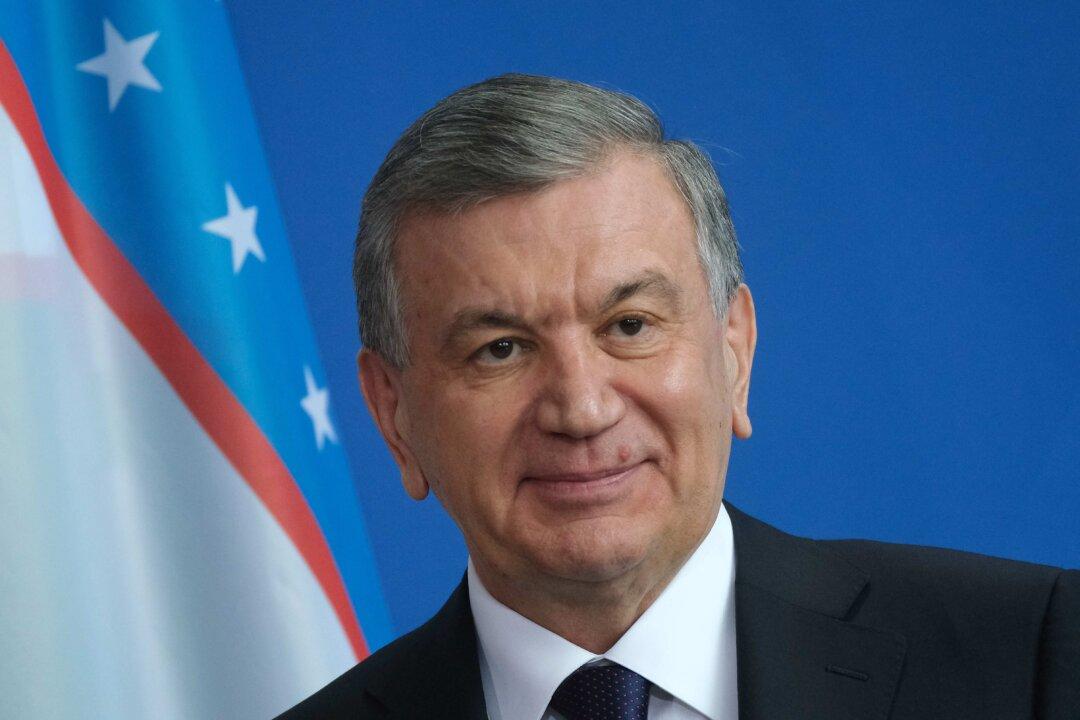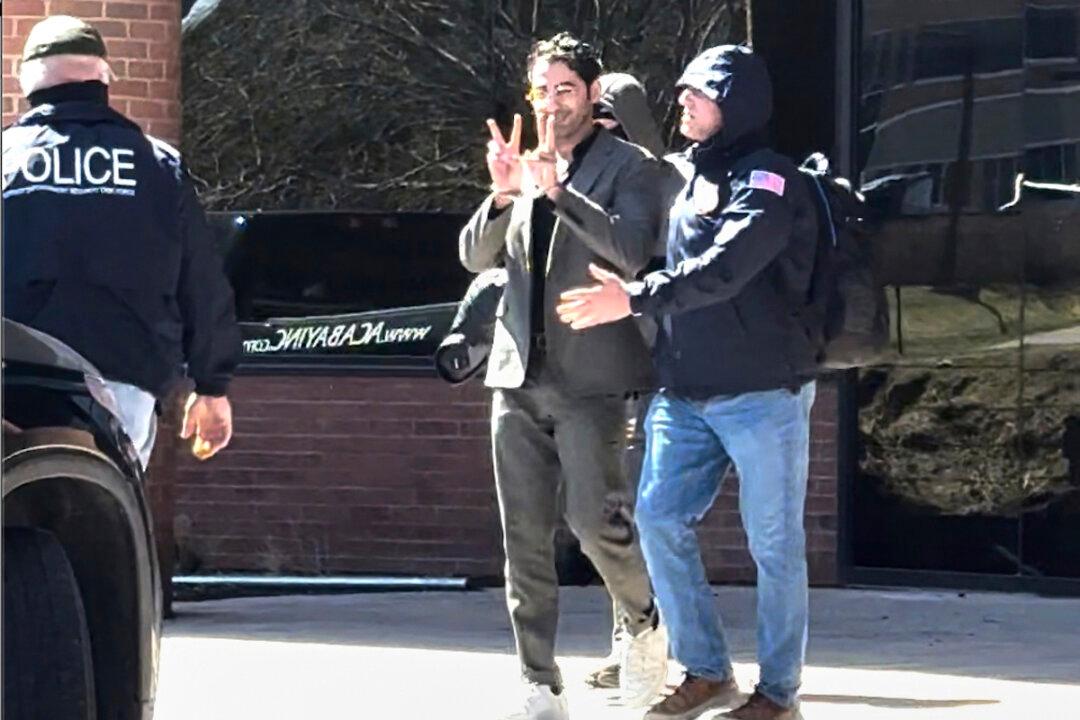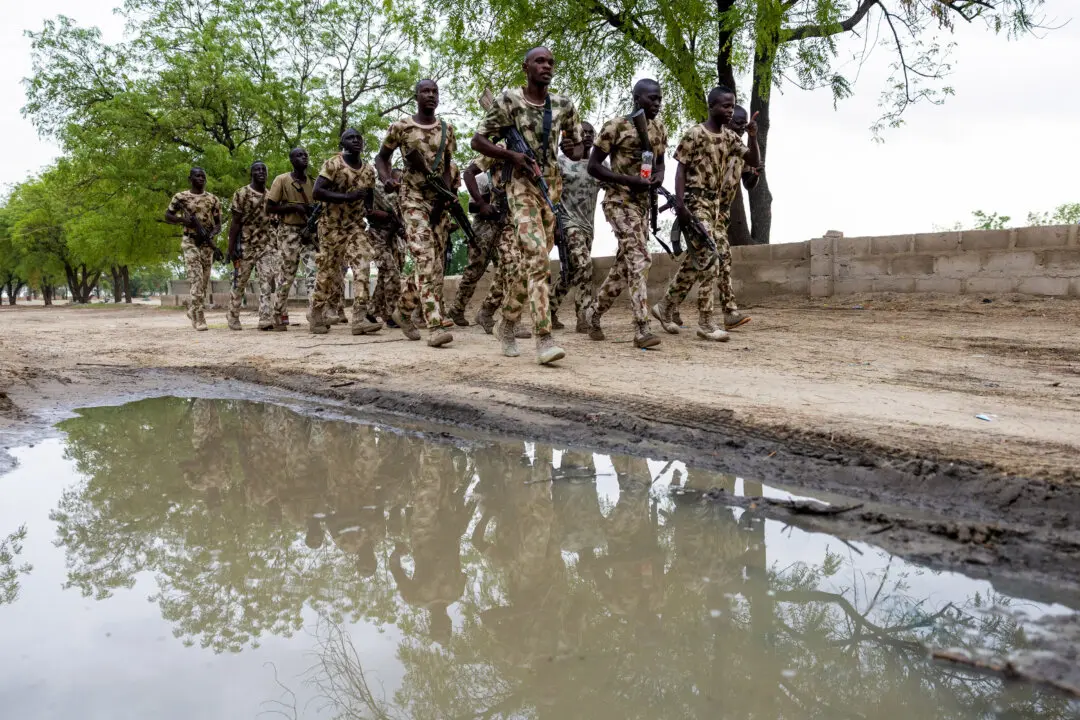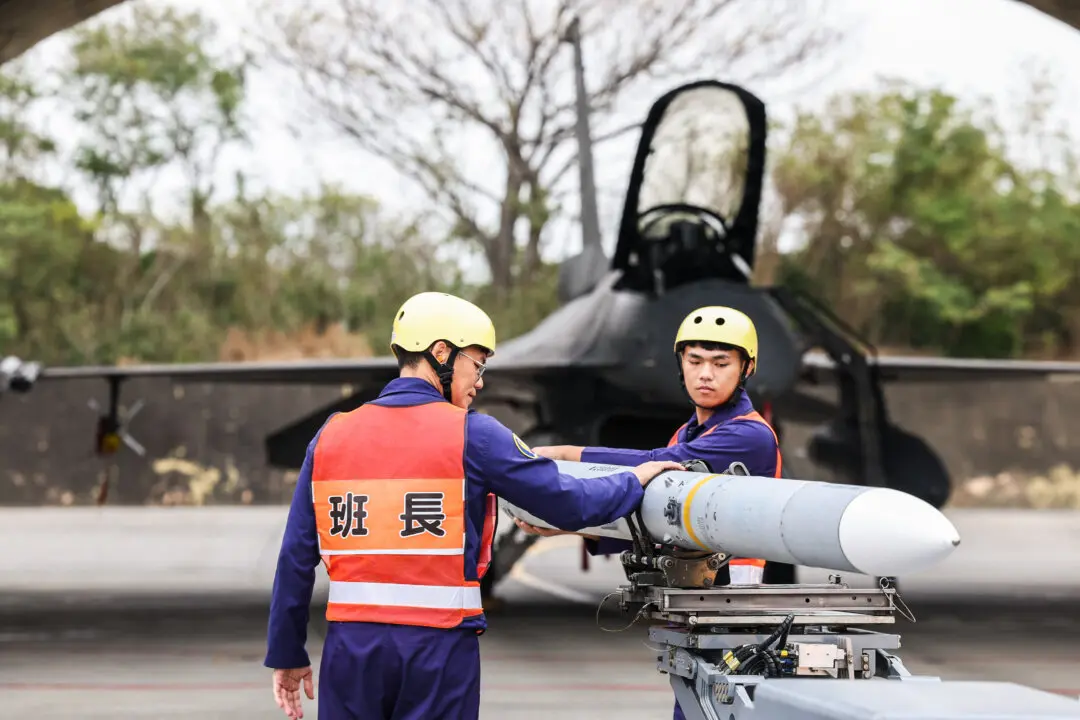Uzbekistan declared a month-long state of emergency in Karakalpakstan province after 18 people were killed in protests against proposed constitutional amendments regarding an Uzbek province’s autonomous status.
Protests erupted in Nukus, the capital of the autonomous republic of Kakalpakstan, between July 1 and July 2, killing 18 people and injuring at least 243 others, including 38 law enforcement officers, AKIpress News Agency reported.





